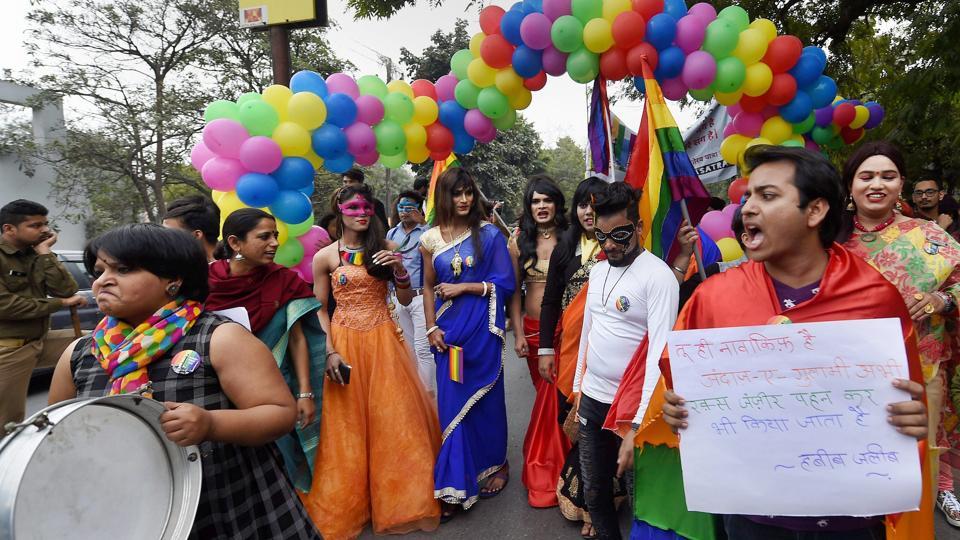India's journey toward LGBTQ+ acceptance
India's stance on LGBTQ+ acceptance has evolved over the past decade.

A few minutes every morning is all you need.
Stay up to date on the world's Headlines and Human Stories. It's fun, it's factual, it's fluff-free.
The backstory: India's stance on LGBTQ+ acceptance has evolved over the past decade. For many years, pride parades were low-key, and conservative views dominated the country. But the winds of change began to blow in 2018 when the Supreme Court decriminalized homosexuality, saying that the colonial-era law outlawing it amounted to discrimination. Fast forward to today, and India has also broadened its legal definition of family to include same-sex couples and acknowledged the right to privacy for all its citizens.
While these developments are significant, they’re not without some criticism. The government is still opposed to same-sex marriage, citing concerns about its potential impact on traditional family structures.
More recently: Even though same-sex marriage is still banned, a recent Pew Research Center poll found that more than half of Indians were in favor of legalizing it.
With the changing viewpoints in Indian culture, companies in the country are also showing more visible support for the LGBTQ+ community. Those legal wins prompted Indian corporations to openly support LGBTQ+ rights and actively promote diversity within their workforces. For example, Razorpay revamped its health insurance programs to cater to LGBTQ+ employees. In January, Absolut Vodka ran a campaign featuring gay Indians talking about allyship. One of the nation’s biggest insurance companies, Future Generali India Insurance, has taken out giant billboards featuring same-sex couples. These are just a few examples of the shift.
The development: Now India is looking toward the Supreme Court's upcoming decision on legalizing same-sex marriage, scheduled for this October. If the court rules in favor, it would make India the 35th country worldwide and the second place in Asia, after Taiwan, to allow marriage equality.
To drive the point home, let's look at Tata Starbucks in India, partly owned by the Tata Group. A few months ago, it released a two-minute ad depicting the reunion of parents with their transgender daughter. Initially, there was some backlash and calls for a boycott, but it ultimately received overwhelming positive support, signaling the evolving attitudes in India towards LGBTQ+ issues.
Key comments:
“If we truly want to be inclusive, then two things are important: The message needs to be explicit and second we need to do something concrete,” said Chitbhanu Nagri, a senior vice president at Razorpay.
"Criminalising carnal intercourse under section 377 Indian penal code is irrational, indefensible and manifestly arbitrary," said Chief Justice Dipak Misra in his decision announced in 2018.
"Living together as partners and having a sexual relationship by same-sex individuals ... is not comparable with the Indian family unit concept of a husband, a wife and children," said the Ministry of Law and Justice in the Government of India in March.
“Starbucks facing a backlash in India after going full Bud Light,” said an Australia-based news podcast host in May on X. “If saturating the market with a mediocre US coffee brand wasn’t bad enough, now they are bringing their woke corporate culture to the Sub-Continent.”




Comments ()